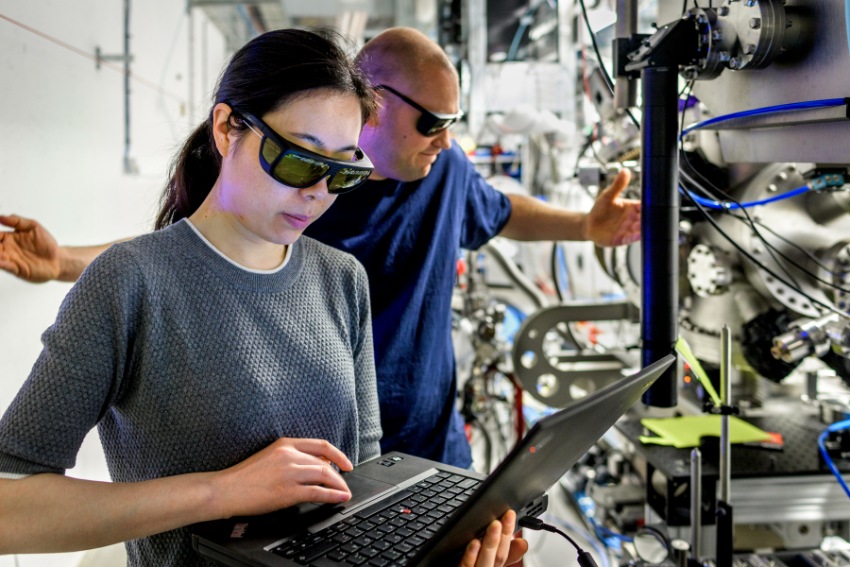Recipe for innovation and growth
To succeed in producing utilisable research and innovations that have staying power and create growth in Sweden requires free research, a long-term approach, complete knowledge environments and forward-looking venture capitalists, writes Annika Olsson, Dean of LTH.
– Published 13 April 2023

Recently, I had the privilege of participating in a workshop with Forskningsfinansieringsutredningen (Fofin) – a Swedish government inquiry into the state’s research funding – on the theme of innovation, external engagement and growth based on research from higher education institutions.
It can be noted that the major innovations and new areas of technology that Sweden has a good tradition of creating have not arisen from short, underfunded projects burdened by laborious and time-consuming administration.
The radical technological shifts and innovations that have formed the basis for new technologies and created growth have rather had their origins in complete interdisciplinary knowledge environments in which basic research, applied research and entrepreneurship have been able to work symbiotically for a long time. This is where free ideas and creativity have had the opportunity to bloom, while young curious doctoral students have been given a place in the system.
“Do not disturb – testing in progress”
If we are to succeed in making utilisable research that also has staying power and creates growth in Sweden, we need to set up systems and funding for the type of environments in which free research – both in basic research and applied areas – is allowed without being disturbed too much by either audits or administration.
We need long-term funding of infrastructures, laboratory equipment, workshops and testbeds which enable opportunities, creatively and in a research-based way, to test, iterate and create new innovations and solutions. And we need interdisciplinary forums.
Cutting-edge research and potential – for tomorrow’s solutions
At LTH, we have created, with the help of our researchers, interdisciplinary profile areas as a way to stimulate knowledge environments within the faculty. LTH’s profile areas are to consist of existing cutting-edge research with the potential for even more successful research environments that can contribute societal benefits by creating tomorrow’s solutions.
By bringing together researchers and research in this way, LTH can take advantage of scientific synergies, mobilise expertise and link research with both external engagement and innovation. To bring together and more clearly highlight LTH for external engagement partners is important if we are serious about wanting to create complete knowledge environments.
Who will commercialise and create societal benefits?
We expect that it is from this type of complete environment that new innovations and technologies will arise which can benefit Sweden. But who will take the research from the environments to commercialisation?
The entire range of expertise in Swedish research and business is needed in order to continue contributing to the radical technology shifts, future technologies and companies that create growth in Sweden and which, above all, are necessary for the transitions that are needed for the climate, energy, health and society in general.
It is disappointing that less than two per cent of European venture capital goes to women and less than nine per cent to companies with female co-founders.
In its programmes, LTH has 38 per cent women, and of its professors, 26 per cent are women. We are not satisfied with this, and what is even more disappointing is to think about what happens on the innovation journey, where we see a clear and dramatic loss of expertise.
Raising venture capital requires patience, adaptability and, above all, a large portion of perseverance, and probably a great deal of luck.
Low-hanging fruit …
What worries me and many others is that the opportunities for, and likelihood of, bringing in capital do not seem to be the same for everyone, and that the entrepreneurial sector seems to be one of the least balanced in terms of gender equality.
I hope that modern, creative and forward-looking venture capitalists see this missed opportunity and check out the brilliant research being produced by our complete research environments at higher education institutions. It should be considered low-hanging fruit to look at all researchers’ results and solutions if Sweden wants to have better innovation systems that generate success.
And of course research funding, if it is to contribute to growth and solve societal challenges, must adhere to principles such as: Freedom. Curiosity. Patience.
Annika Olsson
Dean of LTH
